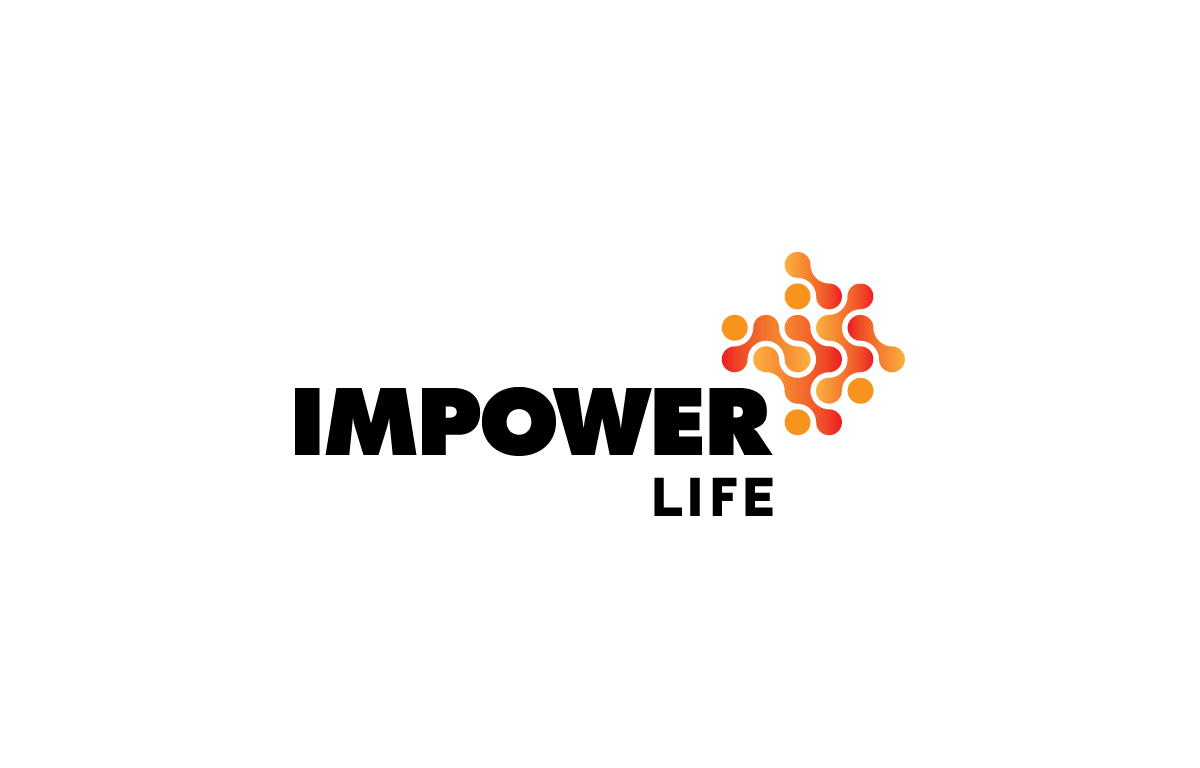Amino Acids - The Good & The Bad
Among the trends in health and fitness today – particularly with so many people choosing vegetarian, vegan, and low-protein diets – many doctors, coaches, and other health professionals are recommending dietary supplementation with Branched Chain Amino Acids (BCAAs).
BENEFITS OF SUPPLEMENTATION WITH AMINO ACIDS (BCAA’S)
Studies have suggested that supplementation with BCAAs before or during endurance exercise may improve mental and physical performance. It also may reduce protein degradation and depletion of glycogen in muscle tissue.
BCAA’s include three amino acids: leucine, isoleucine, and valine. They provide the following benefits:
Leucine plays a crucial role in the formation of hemoglobin and muscle protein synthesis.
Isoleucine regulates blood sugar and the conversion of carbohydrates into energy.
Valine is believed to promote muscle growth and aid in tissue repair.
Supplementation with BCAAs prevents the normal serum decline that typically occurs during strenuous exercise. Decreased serum due to exercise normally causes a flood of tryptophan into the brain, followed by production of serotonin, which may produce dizziness, fatigue, or exhaustion. For this reason, supplementation with BCAA’s is recommended among beginning athletes to prevent fatigue.
Long-term supplementation with BCAA’s may also produce an increase in muscle growth overtime.
Many natural food proteins, such as meat and eggs, contain plenty of BCAA’s to meet the human body’s daily requirements. Supplementation is usually not necessary in individuals who consume a diet sufficiently high in protein (about 0.36 grams of protein for every pound of bodyweight) and maintain average activity levels. The average American diet contains almost twice this amount of protein, except in cases of veganism or vegetarianism, or those who maintain a reduced-protein diet to benefit kidney health. There is, however, little guarantee of a healthy ratio between all of the amino acids in a high-protein diet.
While BCAA supplementation may not be essential for all healthy adults, it is highly recommended for athletes and others who put extra strain on their bodies.
AMINO ACIDS YOU DON’T NEED IN A PROTEIN SUPPLEMENT
It should be noted that not all amino acids provide the same benefits, and some are far more beneficial than others. Certain amino acids such as cysteine, tryptophan, methionine, and histidine are already fairly abundant in the average diet, and in fact may have a negative impact on health and performance. In large quantities, these amino acids have been shown to be precursors of conditions that produce stress, inflammation, and weakened metabolic activity.
CYSTEINE
Cysteine may enter the body in one of two ways: through the consumption of foods that contain cysteine, or by means of a metabolic pathway that eventually converts the amino acid methionine to cysteine.
Cysteine is believed to provide effective protection against free radical damage, help rid the body of metal ions and harmful chemicals, and assist in the treatment of respiratory problems (such as asthma) by reducing mucus build up in the body. It is also believed to preserve the skin’s elasticity and the lining of the stomach and digestive organs.
Nonetheless, in large quantities, cysteine may produce allergic reactions and digestive disturbances such as nausea, vomiting, and diarrhea. Since our diets already contain plenty of cysteine, it is not advisable to take this amino acid as asupplement.
TRYPTOPHAN
We’ve all heard of tryptophan, or the substance in Thanksgiving turkey that is believed to cause drowsiness. Tryptophan is considered an “essential” amino acid because the body can't produce it on its own and must obtain it through consumption of certain types of foods, specifically animal and plant proteins.
Tryptophan contributes to the development and function of many organs. Through a complex metabolic process, our bodies eventually convert ingested tryptophan to serotonin, melatonin, and vitamin B6. Serotonin is a hormone that causes changes in brain chemistry and may alter an individual’s moods. Melatonin is an important hormone that contributes to restful sleep, and vitamin B6 contributes to the metabolism of energy.
While some people find tryptophan useful as a sleep aid, excess quantities of tryptophan are associated with a condition known as eosinophilia-myalgia syndrome (EMS) – an abrupt onset illness that produces severe, disabling, neurotoxic reactions. These include chronic muscle pain, symptoms affecting the skin, and other negative reactions.
METHIONINE
Methionine is another amino acid that is a bundant in meat, fish, and dairy products, as well as some vegetable sources. It contributes too many cellular functions in the body.
Methionine is effective in the prevention and treatment of liver damage in cases of acetaminophen (Tylenol) poisoning.
It also increases the acidity of urine and is used to improve wound healing, as well as treating alcoholism, allergies, asthma, copper poisoning, depression, drug withdrawal, liver disorders, Parkinson's Disease, schizophrenia, and side effects caused by radiation treatments.
Still, the use of methionine as a dietary supplement is risky, given that this amino acid is plentiful in our diet. Ingesting too much of it can increase levels of homocysteine in the blood, increasing the risk of heart disease and conditions such as arteriosclerosis.
Additionally, excessive quantities of methionine may contribute to the growth of some types of tumours, and in some cases produce effects as severe as brain damage and death.
HISTIDINE
While histidine is an amino acid often used to treat rheumatoid arthritis, allergies, ulcers, and anemia resulting from kidney failure or dialysis, there are some serious risks associated with the ingestion of excessive quantities of histidine. In people with a deficiency of folic acid, histidine may cause a harmful chemical known as formiminoglutamic acid (FIGLU) to build up in the body. With histidine being plentiful in the average Western diet, there is no need to run the risk of supplementation with this amino acid.
For All-Natural and Ultra-Pure Amino Acids combined in a carefully researched ratio for optimum results, performance and health… Check out Amino Pro
References
Allen JA, Peterson A, Sufit R, Hinchcliff ME, Mahoney JM, Wood TA, etal. Post-epidemic eosinophilia - myalgia syndrome associated with L-tryptophan. Arthritis Rheum. 2011 Nov. 63 (11) : 3633-9. [Medline].
Bellamy MF, McDowellI F, Ramsey MW, etal. Hyper homocysteinemia after anoral methionine load acutely impairs endothelial function in healthy adults. Circulation 1998; 98:1848-52. View abstract.
Bigwood EJ, ed. Protein and amino acid functions. Oxford, NY: Pergamon Press, 1972.
Hanratty, C. G., McGrath, L. T., McAuley, D. F., Young, I. S., and Johnston, G. D. The effects of oral methionine and homocysteine on endothelial function. Heart 2001;85(3):326-330. View abstract.
LascellesP.T.,DonaldsonD.(1989) Formiminoglutamic Acid (FIGLU)Test. In:Diagnostic Function Tests in Chemical Pathology. Springer, Dordrecht.
Mero A, Leucine supplementation and intensive training. Sports Med. 1999 Jun; 27(6):347-58.
Moss, R.L., Haynes, A.L., Pastuszyn, A. ,and Glew, R.H. Methionine infusion reproduces liver injury of parenteral nutrition cholestasis. Pediatr. Res. 1999;45 (5Pt1):664-668.View abstract.
Reeves RD, Barbour GL, Robertson CS, Crumb CK. Failure of histidine supplementation to improve anemia in chronic dialysis patients. Am J Clin Nutr 1977;30:579-81. View abstract.
Sasamura, T., Matsuda, A., and Kokuba, Y. Effects of D-methionine-containing solution on tumor cell growth in vitro. Arzneimittelforschung. 1999;49(6):541-543. View abstract.
Trumbo, P., Schlicker, S., Yates,A.A., and Poos, M. Dietary reference intakes for energy, carbohydrate, fiber, fat, fatty acids, cholesterol, protein and amino acids. JAm. Diet. Assoc. 2002; 102(11):1621-1630. View abstract.
Ward, M., McNulty, H., McPartlin, J., Strain, J. J., Weir, D. G., and Scott, J. M. Effect of supplemental.






